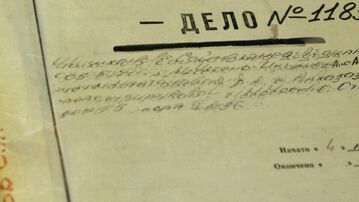Tinkoff tested and launched special mobile teams from Tinkoff Protection employees to save victims of fraudsters at the moment when they plan to transfer money to the attackers. Over the year, employees saved clients from losses of 21 billion rubles.
These groups urgently go to people who are under the strong psychological influence of scammers and persuade them to carry out operations that are fatal for them (if Tinkoff Protection employees were previously unable to do this over the phone or in chat). Oleg Zamiralov, deputy head of the Tinkoff Center for Ecosystem Security, spoke about this at the Ural Forum on Cybersecurity in Finance.
Often, victims of fraudsters are under such strong psychological influence on their part that when the bank blocks a suspicious and atypical transaction and calls the client to make sure that he really carries out it of his own free will, they do not believe the bank employees and insist on completing the transaction.< /p>
Oleg Zamiralov, Deputy Head of the Tinkoff Center for Ecosystem Security:
“In fact, this is a serious problem — banks see that the operation is fraudulent and try to save the client’s money, but the person can be so “processed” that he does not believe the bank employees and insists on transferring money to the criminals.
Fraudsters use well-established psychological techniques, for example, appealing to the authority of government agencies, posing as employees of law enforcement agencies, or playing on the trust of family and friends.
Some clients even seem to fall into a trance, and it is very difficult to bring them out of this state remotely. That is why we decided to take advantage of our advantage and the fact that we are a bank without branches. We began sending so-called special emergency anti-fraud and psychological assistance teams to the victims in order to “unzombify” clients and stop them from losing money.”
Such measures help to convince 95% of clients who find themselves under influenced by fraudsters, the remaining ones do not agree to cancel the transactions. Basically, these are people who fell into a pseudo-investment scheme and want to invest more money in a fake project in order to earn interest.
Tinkoff holds up to 3 thousand meetings with such clients every month .
Tinkoff also conducted special psychological training for bank employees who communicate with such clients. Support service specialists, together with a team of psychologists, were trained for several months and developed their communication templates and scripts so that during a call or meeting their speech contained code words, objections and techniques that allow them to instill trust in clients in particularly difficult cases and establish contact.
Oleg Zamiralov:
“We even tried calling clients from the psychologists themselves, but they were less effective persuaded clients better than experienced employees of the fraud prevention department, however, recently, with the help of psychologists, we saved clients from losses of 2.6 million rubles. They also tested the pilot when they worked together with law enforcement to convince clients. In particular, if our methods did not help, then we referred clients to the police station. In total, during the year we managed to prevent the theft of 21 billion rubles.”






















































Свежие комментарии